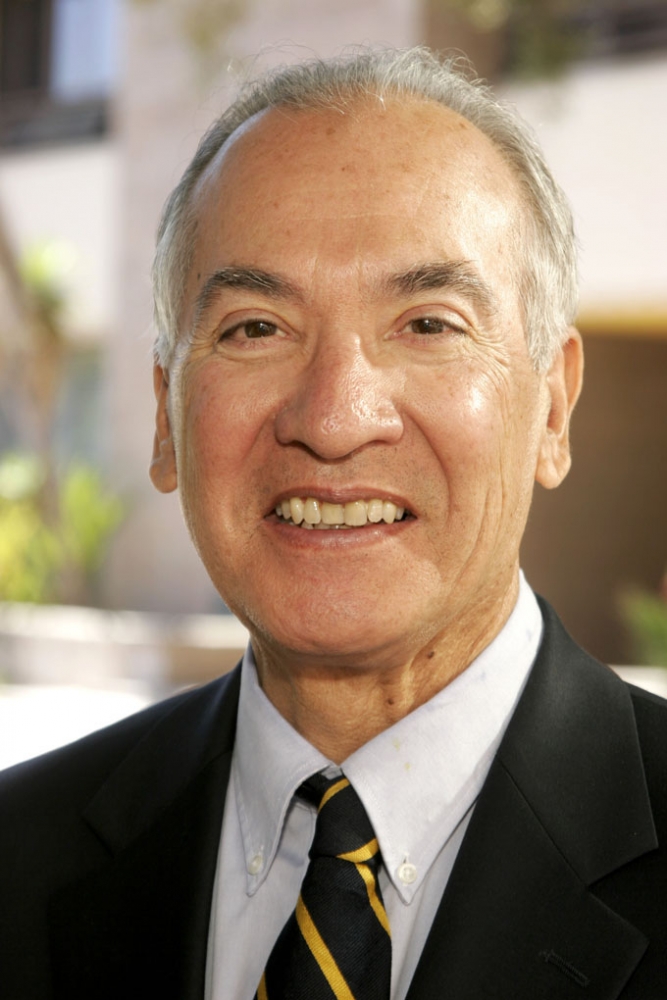
A Memorable Man
Few scholars have done more to document the lives and activism of Mexican-Americans than Mario García. For more than four decades the professor of Chicano and Chicana studies and of history at UC Santa Barbara has given voice to the people who have struggled and persevered in a society that largely regarded them as invisible.
In recognition of his contributions, García will be honored in separate events in October. In the first, the Oral History Association has selected him to receive its 2016 Stetson Kennedy Vox Populi Award. He was presented the award at the association’s 50th anniversary celebration at the Aquarium of the Pacific in Long Beach.
“Professor García is a prolific and distinguished historian of the Mexican-American and Latino experience,” noted Leila Rupp, interim dean of social sciences at UCSB. “His pioneering scholarship brings to life, through sophisticated oral histories, the stories of leading figures and, most recently, the millennial generation of Latinas and Latinos. His research, teaching and contributions to the university are emblematic of what it means for UC Santa Barbara to be designated a Hispanic Serving Institution.”
In addition, the University of Texas at El Paso (UTEP) has named García one of three Distinguished Alumni for 2016. He and the others will be honored throughout UTEP’s Homecoming Week, Oct. 23-29. García, who earned bachelor’s and master’s degrees at what was then Texas Western College, will also lead a presentation of his latest book, “The Chicano Generation: Testimonios of the Movement” (University of California Press) in later this month at UTEP.
For García, who has been at UCSB since 1975, the oral histories — testimonios — represent cultural memories of the struggle for social justice. Each is a call to remember and to act. “I focus on people who have been engaged, for the most part, in social justice movements of one kind or another, whether it’s Bert Corona and the labor movement, organizing undocumented immigrants, or Sal Castro, who helped organize students in the walkout of ’68, or Gloria Arellanes of the Brown Berets, who fought for women’s rights during the Chicano Movement in Los Angeles,” he explained. “That’s the kind of leadership I admire the most. These are the kind of historical figures that I’m attracted to. I want to tell the stories of people who I think have made a difference, who have moved this country in a more democratic way and to achieve social justice for everyone and full democratic rights.”
The upcoming return to UTEP as a distinguished alumnus stirs fond memories in García. He grew up in El Paso, and Texas Western was where he decided he wanted to be a university professor. “I’m going to be very, very moved by going to the homecoming,” he said. “El Paso’s so much a part of me, and that institution is so much a part of me. That’s where I learned the nuts and bolts of history, especially American and Latin American history and so on.”
Homecoming week will keep him busy. He and the other honorees will ride in the homecoming parade and, later that day, will be honored at halftime of UTEP’s football game against Old Dominion University. “A lot of memories are going to be there,” García said. “I’m going to a football game there for the first time in who knows how many years. It’ll be very moving.”



